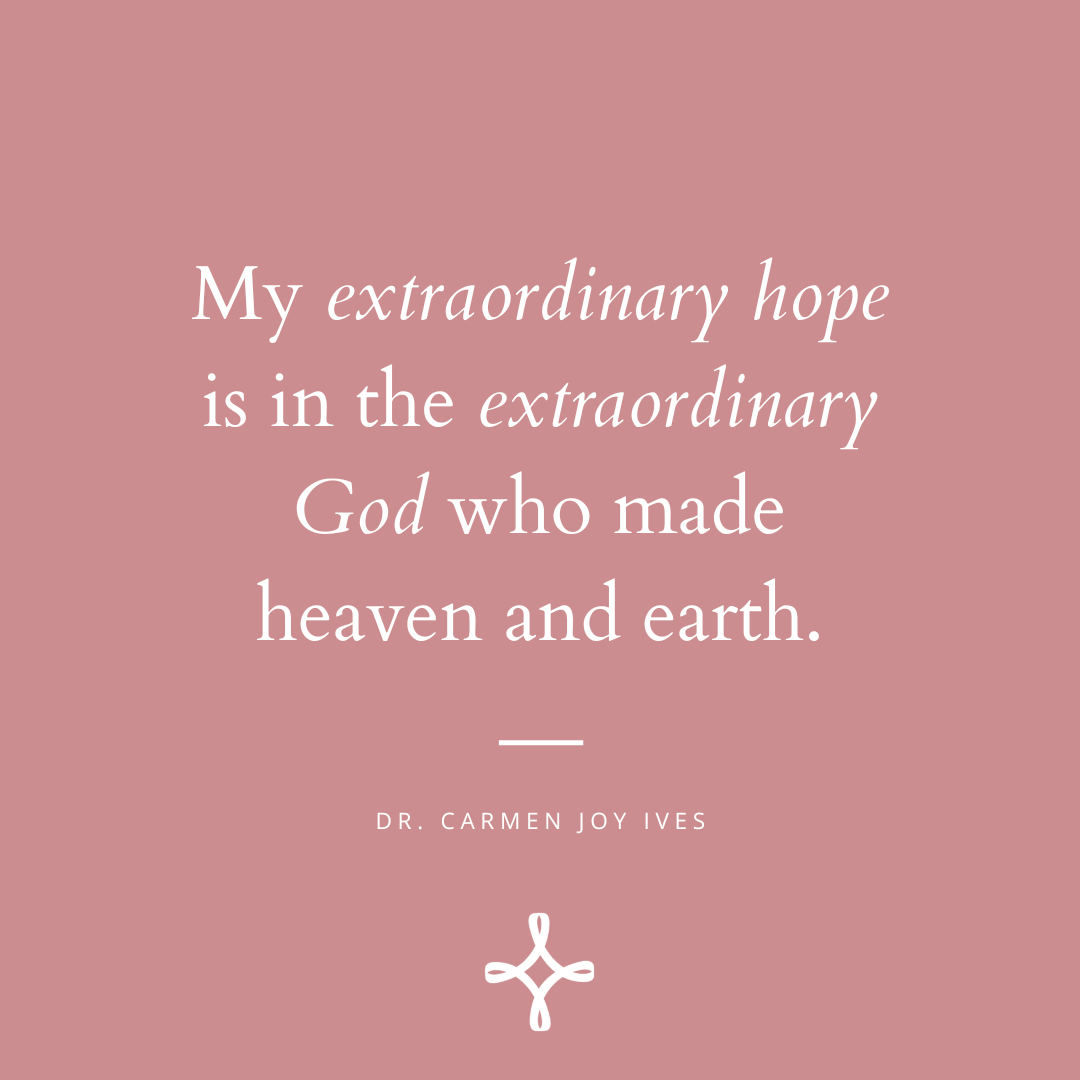[vc_row type=”in_container” full_screen_row_position=”middle” column_margin=”default” column_direction=”default” column_direction_tablet=”default” column_direction_phone=”default” scene_position=”center” text_color=”dark” text_align=”left” row_border_radius=”none” row_border_radius_applies=”bg” overflow=”visible” overlay_strength=”0.3″ gradient_direction=”left_to_right” shape_divider_position=”bottom” bg_image_animation=”none”][vc_column column_padding=”no-extra-padding” column_padding_tablet=”inherit” column_padding_phone=”inherit” column_padding_position=”all” column_element_spacing=”default” background_color_opacity=”1″ background_hover_color_opacity=”1″ column_shadow=”none” column_border_radius=”none” column_link_target=”_self” column_position=”default” gradient_direction=”left_to_right” overlay_strength=”0.3″ width=”1/1″ tablet_width_inherit=”default” tablet_text_alignment=”default” phone_text_alignment=”default” animation_type=”default” bg_image_animation=”none” border_type=”simple” column_border_width=”none” column_border_style=”solid”][vc_column_text]Scripture Connection: Genesis 50:20
My grandfather died last week, and I’m sorting out what kind of man he was. It feels particularly complicated right now.
The most recent stories are from my mom and her siblings as they talked about how belligerent he had become with the nursing home staff and how rudely he had treated his own children, even swearing at them.
Losing control of his schedule, freedom, and body made him miserable and mean. My mom had to set boundaries and stop seeing him for the sake of her own mental health.
But it’s not all bad. Grandpa was also hardworking. He invested generously in missions and Christian education. He modeled commitment to my grandmother.
And I know that, in their retirement years, they prayed for me daily.
Like all people, Grandpa was complex—a mix of virtues and vices. He was sometimes a hero and sometimes a disappointment.
If we open the Bible looking for heroes, we’ll be disappointed too. The Bible doesn’t paint people in one dimension. We usually see them, warts and all.
After all, they’re human. Sometimes they do the right thing. Sometimes they don’t.
Genesis offers dozens of examples. Here are a few:
- Sarah experienced a miracle pregnancy in her nineties but abused her servant repeatedly (Genesis 16:1-15; 21:1-5).
- Joseph acted arrogantly as a young man but, with God’s help, saved his family and the entire land of Egypt (Genesis 37:1-10; 45:1-25).
- Judah sold his brother into slavery but later put his own life on the line to save his brother (Genesis 37:26-28; 44:1-34).
The Bible’s honest portrayal of human foibles gives me hope. God created us with tremendous potential and remarkable dignity. Who we are and what we do matters. At the same time, our failures cannot undermine God’s purposes.
My grandfather wasn’t perfect. He hurt me deeply. But in Genesis, I learn that God works in and through flawed people.
Genesis casts a vision for God’s plan to restore all things so that we will experience the world as he intended—as a place to commune with God and each other as we care for the world he made.
But even when we experience the broken state of our world, we have the joy of walking with God. He is the true hero of the story.
Unlike the people in Genesis or our families, God is reliable and always good. He is never overwhelmed by our weaknesses or failures. His call for us to join his work rings clear, even though you and I have a whole lot of growing to do.
My extraordinary hope is in the extraordinary God who made heaven and earth.
I don’t need my grandfather to be perfect. My hope does not rest on him. My extraordinary hope is in the extraordinary God who made heaven and earth. God invites broken people—people like you and me—to join him in his work to restore all things.[/vc_column_text][/vc_column][/vc_row]

